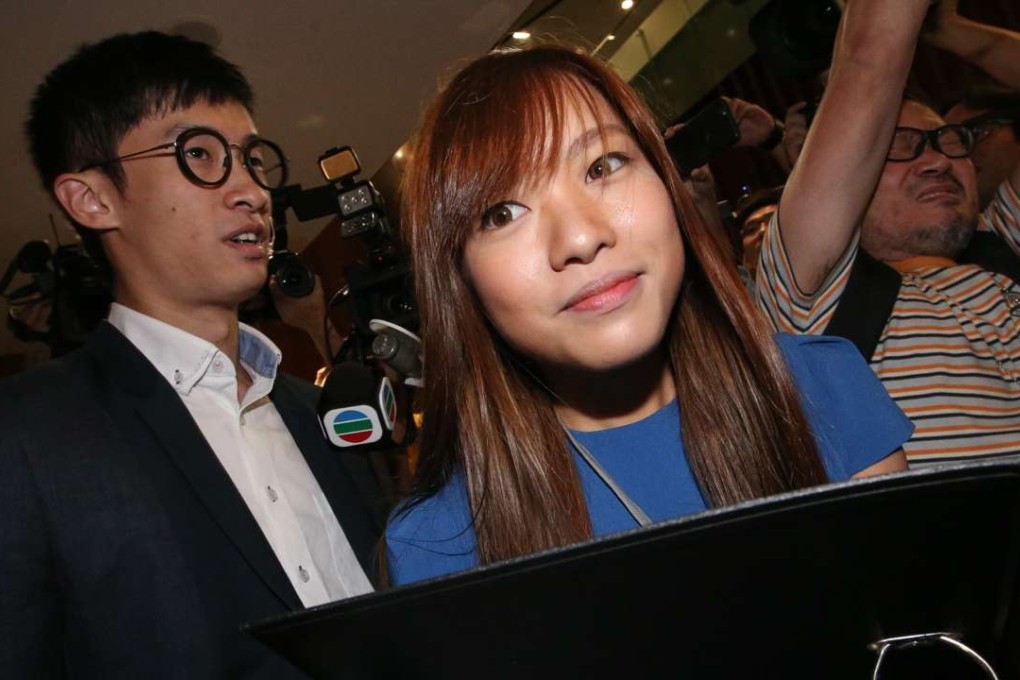What next for Hong Kong’s separatist lawmakers?
Stick to their guns and localist duo who refused to pledge allegiance to Communist China will lose support. Rethink and pro-establishment camp faces a dilemma

The latest election should have provided Hong Kong people with a rare sense of empowerment. The opposition camp passed the test with flying colours and managed to expand its presence in the legislature despite a paucity of resources and rising repression from Beijing.
What happened in the first week of the new Legislative Council was, however, an anti-climax. Two members from the separatist group Youngspiration, Sixtus Leung and Yau Wai-ching, decided to make a mockery of the oath-taking procedure and triggered a political storm. In short, they refused to pledge allegiance to the political order under Communist China. The secretary-general of the Legislative Council took immediate action and refused to accept their oaths.

Public opinion in general found their action childish, unnecessary and even offensive. The pro-establishment camp and the government sensed the changing mood of the local community and seized the opportunity to appease Beijing. The mainland government has been tortured by its growing concern with the rise of separatism in Hong Kong and was hardly at ease with the fact that candidates with different degrees of separatist intent had managed to attract more than 300,000 votes in the latest election.

To the credit of Andrew Leung, the newly elected Legco president, he did allow the two members to retake the oath, though he hinted this may be the last time he will do so.